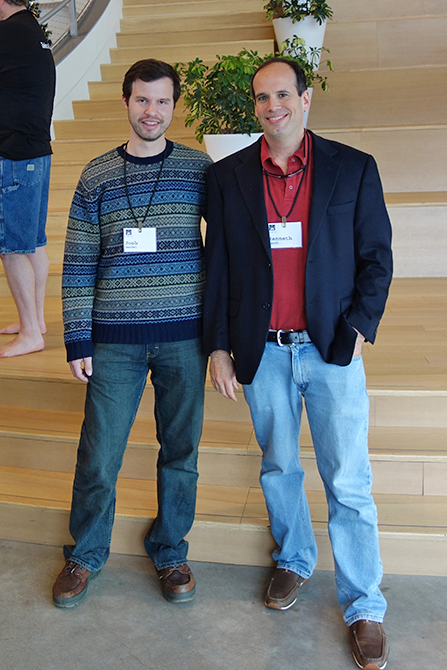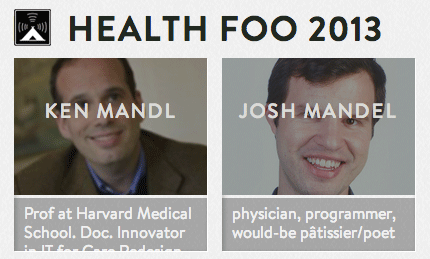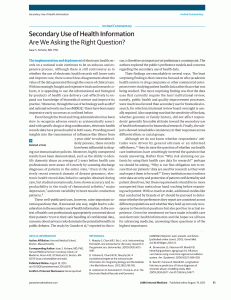What’s a “Whitelist”?
As a follow-on to the last post about Direct messaging, I want to distinguish the Mass Medical Society’s vision of a “whitelist” from another concept that confusingly shares the “whitelist” moniker. Below, I’ll introduce two distinct terms and try to clarify the distinction:
“OR-gate whitelists” expand the communication pool
Mass Medical Society envisions a kind of per-physician “whitelist” that I’ll call an OR-gate whitelist. The basic premise of an OR-gate whitelist is that a physician can add any Direct address to her OR-gate whitelist via a UI in her EHR or HISP. By doing so, she’d be able to send secure e-mail to that address — regardless of CAs, trust bundles, or pre-existing local policy. An OR-gate whitelist acts like a logical “OR gate,” meaning that a message will be sent if institutional policy allows it, or if a physician’s personal OR-gate whitelist allows it. With OR-gate whitelists, physicians can send to any Direct endpoint in the world, full stop.
“AND-gate whitelists” restrict the communication pool
The current Massachusetts HIWay has a deployed a different kind of “whitelist” functionality that I’ll call an AND-gate whitelist. Mass HIWay maintains a state-wide AND-gate whitelist of acceptable Direct addresses to which HIWay users are allowed to send Direct messages. An AND-gate whitelist acts like a logical “AND gate,” meaning that a message will be sent only if institutional trust bundles allow it (i.e. the recipient’s cert is signed by a CA that the organization trusts) and the institution’s AND-gate whitelist allows it. So Mass HIWay’s state-wide AND-gate whitelist is a way to avoid allowing, say, “all eClinicalWorks users across the whole country” into the pool at once. Instead, access can be restricted to the intersection of two sets: “All eClinicalWorks users across the whole country” and “Users on the Mass HIWay AND-gate whitelist.”






You must be logged in to post a comment.